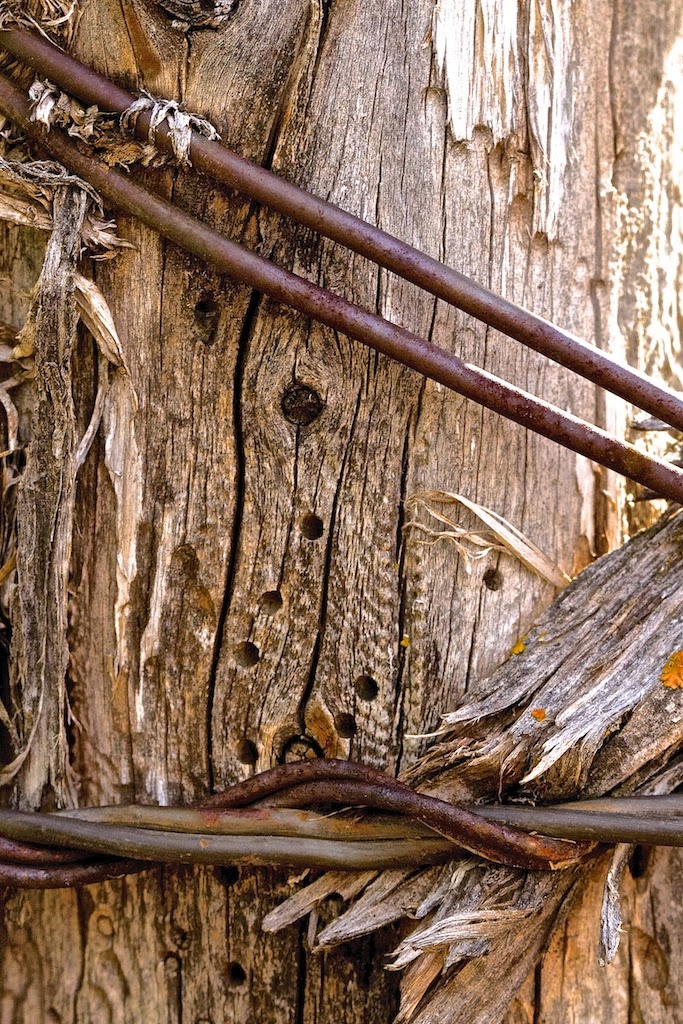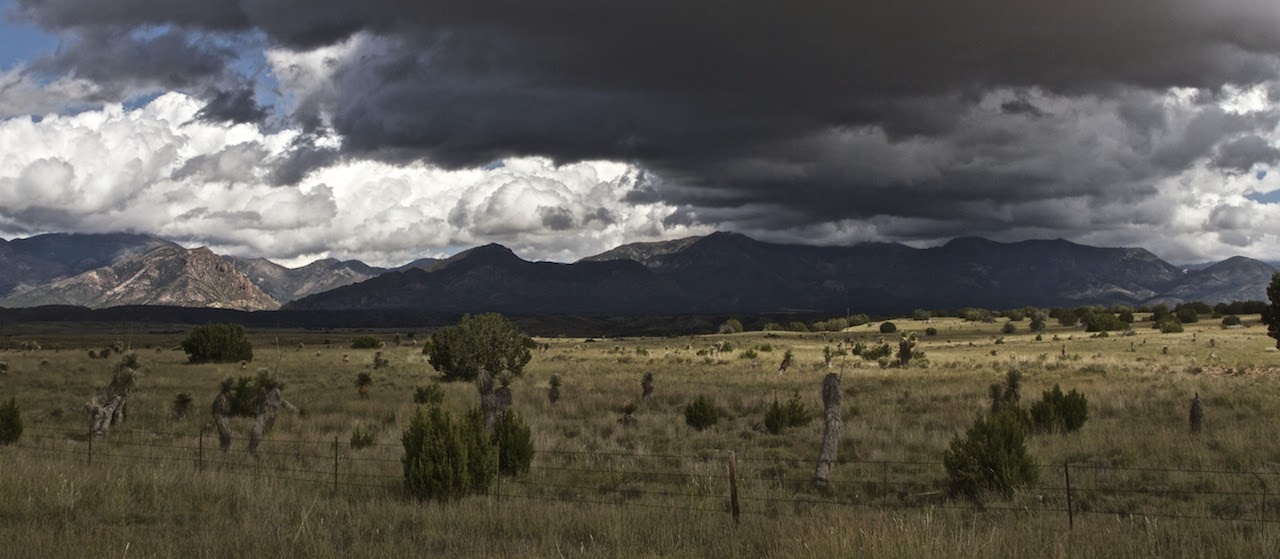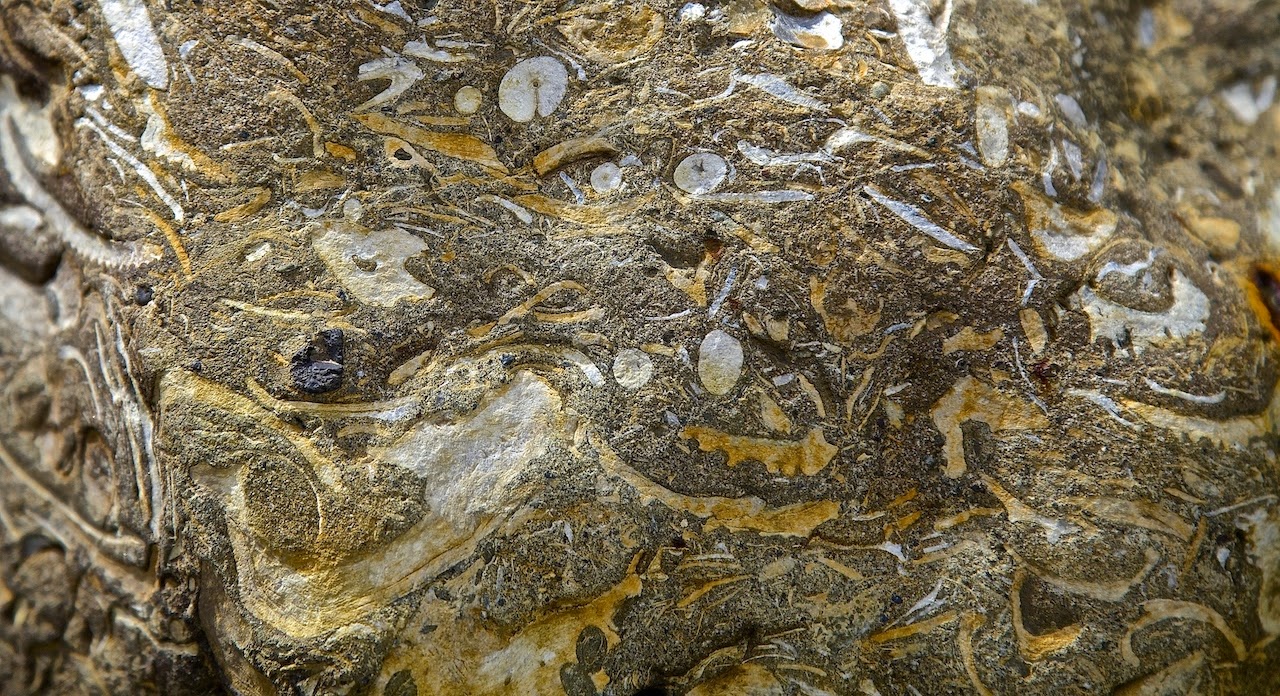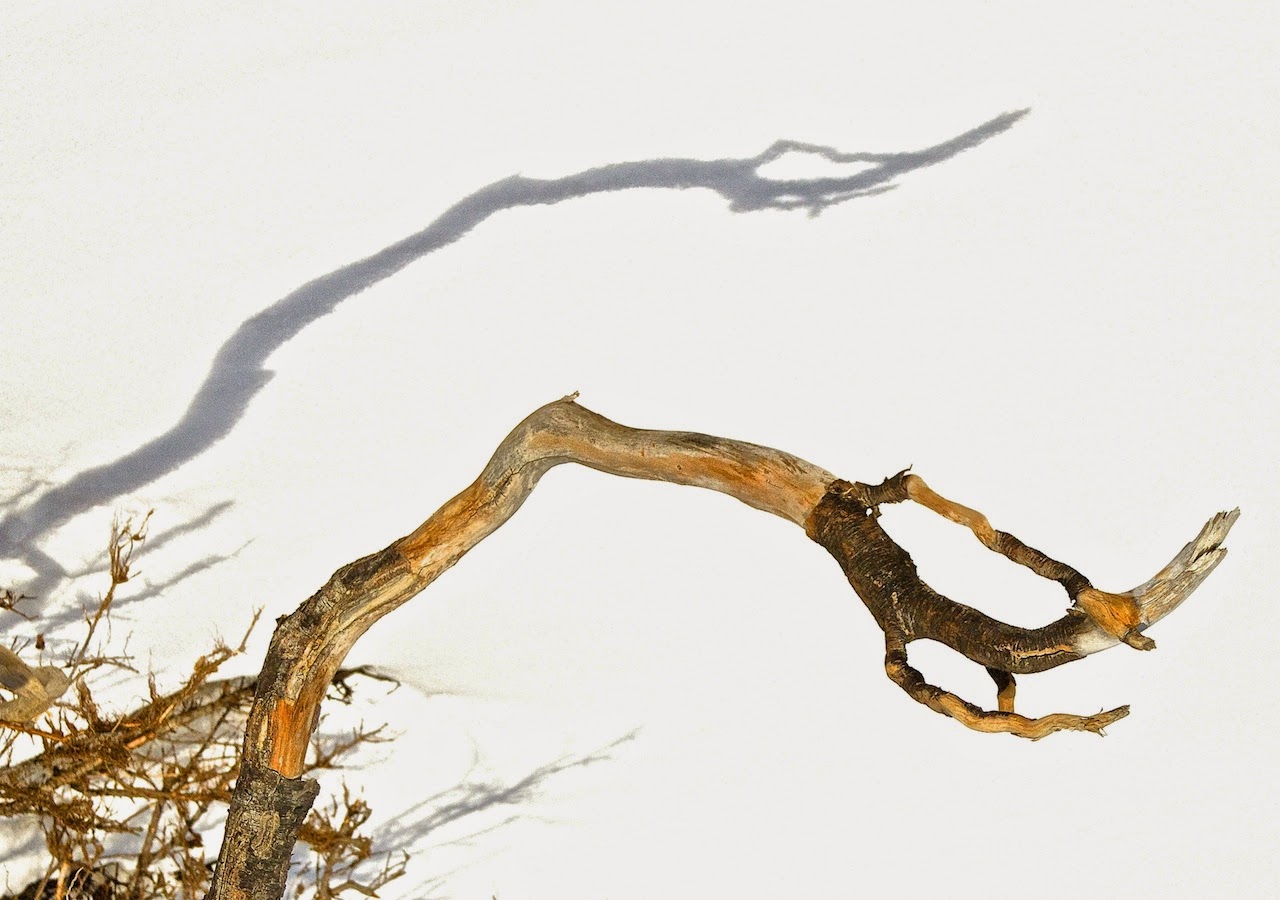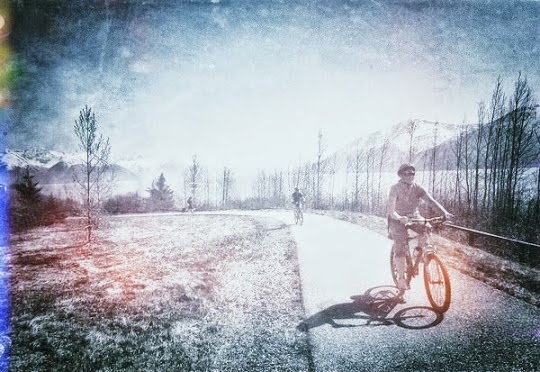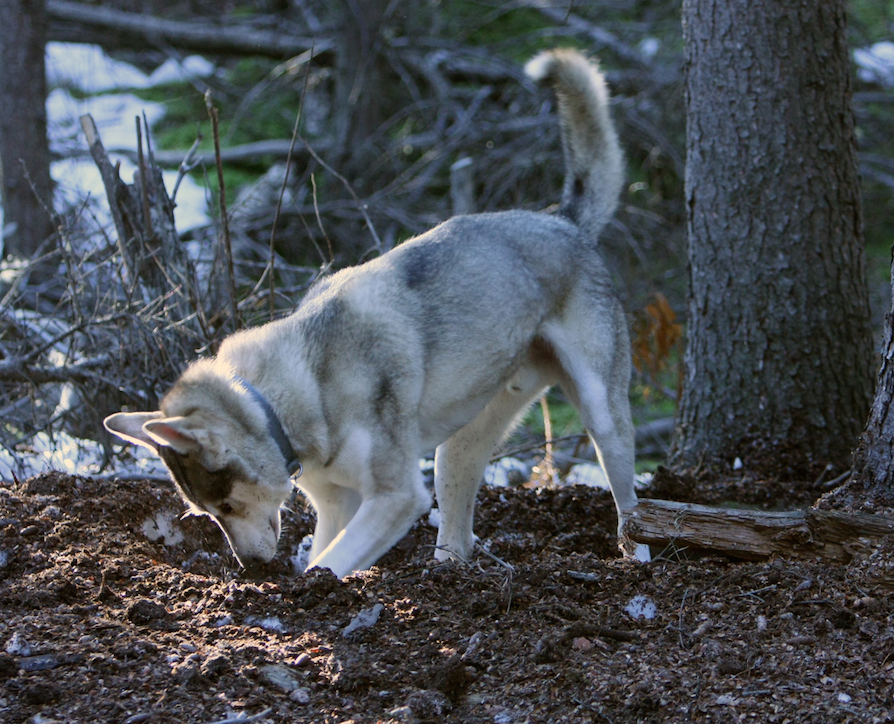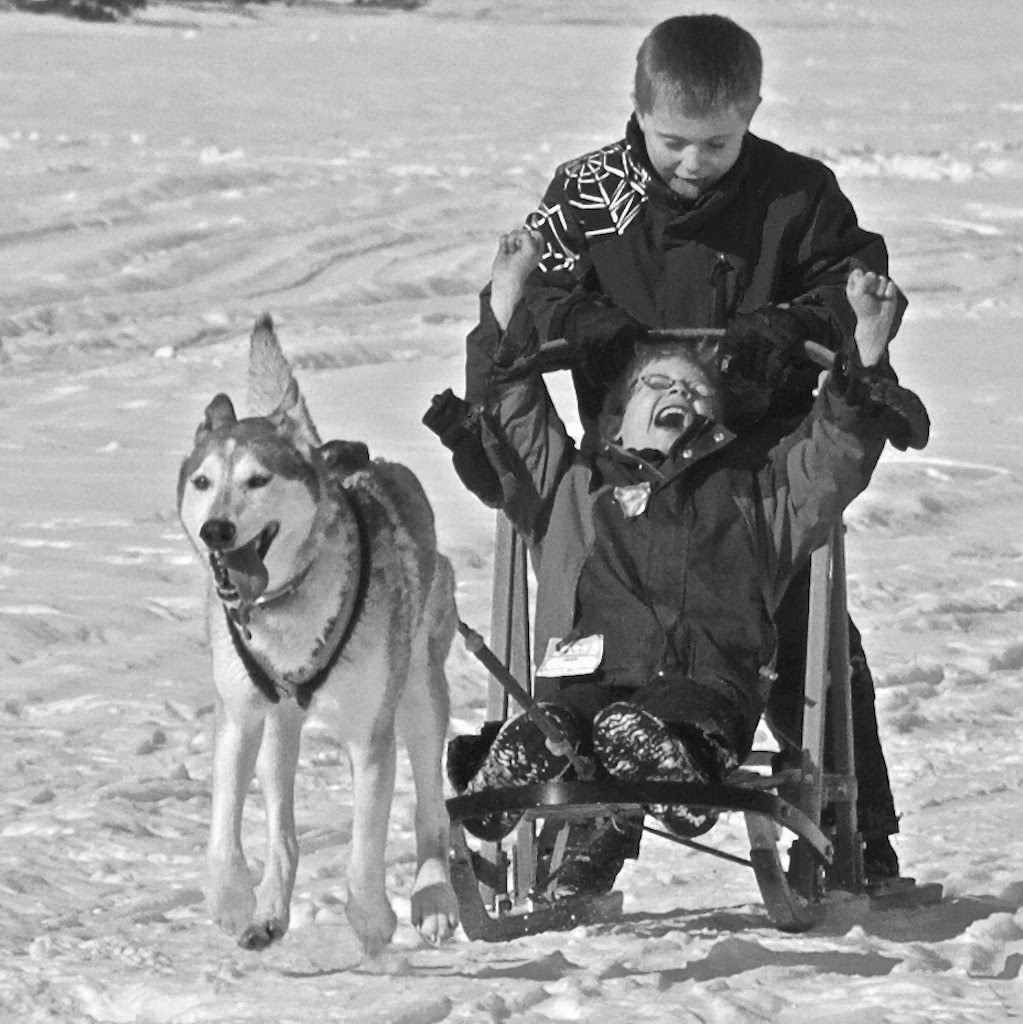I am not a religious man, but I think moving water is the best thing God ever made. -Jim Harrison

Standing at the river’s edge, I watch sticks from old uprooted trees quiver in the foaming brown current. In the early morning sun, gulls throw down their shadows, the tips of their wings translucent against the wild blue. They wheel over our heads, dive-bombing fish guts thrown into the river from our cleaning table. They know where the good food is, and argue over every last scrap.
Halcomb goes on to say, however, we shouldn’t eat fish because we cause them to experience an “unpleasant” death, whether by sport-fishing with lures or commercial fishing via nets. Do we then have a moral obligation to assure a pleasant death for fish (and other animals), or should we stop the killing and not eat them at all? Surely we attempt to assure a pleasant death for humans by way of hospice and palliative care that provides relief from the symptoms of serious illnesses. How should we treat our fellow winged, gilled and four-legged creatures?
Standing at the river’s edge, I watch sticks from old uprooted trees quiver in the foaming brown current. In the early morning sun, gulls throw down their shadows, the tips of their wings translucent against the wild blue. They wheel over our heads, dive-bombing fish guts thrown into the river from our cleaning table. They know where the good food is, and argue over every last scrap.
The moving, life-giving water
leaps and tumbles, and I imagine just below the surface long schools of salmon
nosing their way upriver, eager to return to their natal grounds, like power-forwards
from the sea, fighting like hell to complete another cycle in the wheel of life.
It’s so simple, really. In the plant and animal worlds (ourselves included), we
sprout at birth and decompose at death, feeding the earth with our compost,
completing the endless circle of life that sweeps voraciously through time.
My community is busy, checking
their fishwheels hourly, making all manner of technical adjustments, like the
raising and lowering of the wheel as the water level rises and falls, keeping
axles on the wheel greased, predicting when the next run will hit (midnight, 6
am?). Who’s to know? It’s a finicky business catching fish. You wait and you
watch; then pounce at the appropriate time. It’s all about timing, when the
fish decide to come to you, the Native people say. The river has nourished them
for thousands of years, my family, only decades. Still, the ritual runs deep.
But this year I take pause to think about our
yearly fishing ritual in more detail. In Jonathon Balcombe’s recent book, What a Fish Knows, he overturns our
assumptions about how fish perceive. He tells us they have feelings, awareness
and a social order that is, in some ways, similar to those of people.
Scientific research has shown that fish display tool use (at the level of a
10-month old baby who learns to use a tool to retrieve a toy she can’t reach).
Fish enjoy music, have distinct personalities, and feel pain, although he uses
the word “suffer,” which I’m not so sure I would agree. Sensory pain is one
thing, but “suffering” denotes for me at least, a “thinking about” the pain,
another layer of psychological thought placed on top the pain, creating more
misery, and I think we humans have a corner on that market.
Studies have also shown that salmon farms naturally have “drop out” fish, growth
stunted fish that float lifelessly at the surface of farming ponds. These fish
are severely depressed. Why? Because they have given up on life. Their brain
chemistry and behavior is said to mimic those of other animals with documented
depression. They are smaller in
size due to “failure to thrive” (like human babies who experience stunted
growth in the absence of love and affection).
Upon close inspection though, many of the
writers in disagreement with the predator-prey relationship (the circle of life?) have a
hidden, or not so hidden agenda. One day, they say, all people will "wake up" to the healthier and more
compassionate preference of not eating, or using any type of animal products. No
meat, cheese, eggs, milk, crustaceans, fish, leather, fur, or their byproducts.
Some claim they intend to be patient with the education process, and are
convinced, in a sort of evangelical way, that people will see
the benefits of vegan-ism, and will eventually right their "erroneous" thinking on the subject.
I do not consider the life-ways of indigenous
people, of whom there are many across the globe, to be erroneous.
The Native people don’t see the taking of
animals as exploitation or cruelty. Their worldview encompasses the animal in a
symbiotic and spiritual relationship with the human; that one dies for the
express purpose of giving life to another. They believe we humans don’t walk
outside the circle of life, looking through a one-way mirror at the specimens
contained within. We are part and parcel of that circle, during the normal,
though violent act of birth; as we live year to year and co-exist with
all of life’s pain and suffering. And in the end (death is not an outrage) when
we die, however peaceful or terrifying that may be.
My worry is that this homogenous way of
thinking, the recruiting of people to vegan-ism,
will inadvertently destroy the many varied and unique cultures of the world. The people of various cultures spring up and are defined by the landforms and weather patterns they
inhabit. They have their own foods, languages and ways of being. Should the
Inupiat people be prohibited from taking whale, the centerpiece of their
spiritual life and the lifeblood of their people? Taking away their indigenous
foods is exactly how failure to thrive and depression would show up in the
people who respect and give thanks to their fellow creatures for granting them
life. In all practicality, eating
greens at 40 below in the vast, treeless landscape of northern Alaska will not
sustain you. Though the skin and the blubber of the bowhead will.
Should those of us who harvest natural food
from the living waters be advised to eat artificial instead, like
shrink-wrapped meat substitutes? Imitation crabmeat made of fillers, fake
flavoring and dyes? I don’t have definitive answers, but so far, I’m not
convinced.
I only skim the surface
like the gulls wheeling overhead, feeling stuck in this literal world above
water, unable to dive deep enough to fully understand the life giving secrets
of how we are so deeply connected to the food we eat. But I know in my heart of
hearts what is true. Red salmon harvested from the breathing waters of the
Copper River is a great gift, representing so much more than a “commodity” or a
“resource.” It comes with a lightness and energy that inexplicably ties us to
the natural world, a part of something much greater than anything in the
supermarket isles could ever provide.
What I do know is life and death spring forth
from this land, simultaneously. It is
the hunters and fishermen who have taught me, through example, how deeply a people
can believe in the sacredness of life, and
death. When you take away venerated foods, you potentially destroy a vivid
and unique culture. You destroy worldviews in which people do not dictate
“right” living to others, but live their lives as people who clearly see and appreciate
their rightful place not only in the world, but born of it, as integrated links
to the rest of creation.
What to do when, we
consider the inner lives of plants and how, as Daniel Chamovitz says in his
book, What a Plant Knows, that plants
too, have feelings and uprooting them causes pain? That they prefer the
melodies of Bach over the rock guitar riffs of Led Zeppelin. That the discovery
of talking to plants may prevent failure
to thrive. That plants are aware of their surroundings.
What then, shall we eat?
0 Comments on The River of Life, and Death as of 1/1/1900
Add a Comment




















